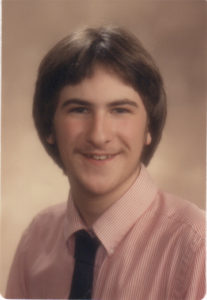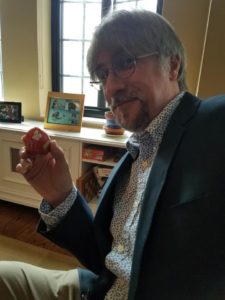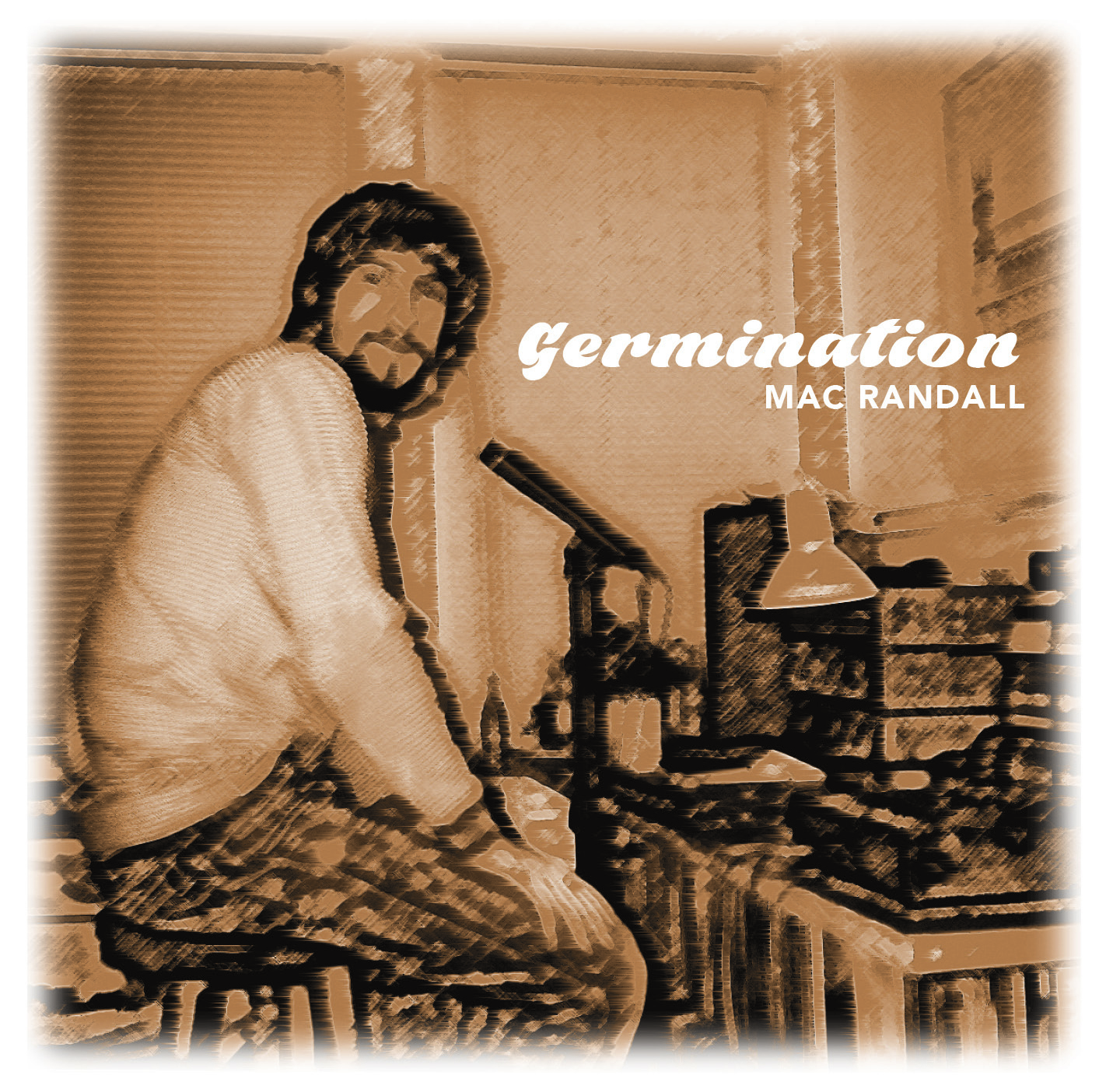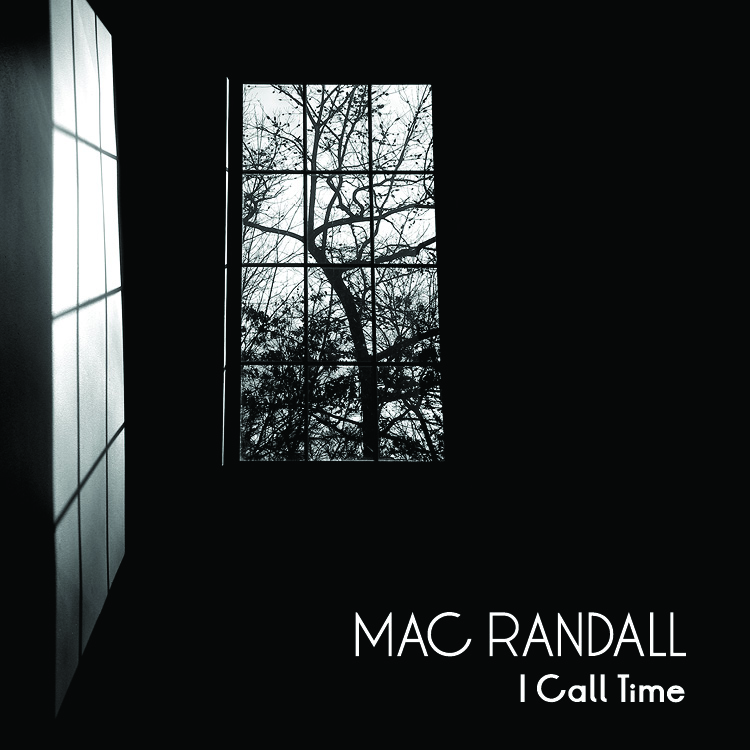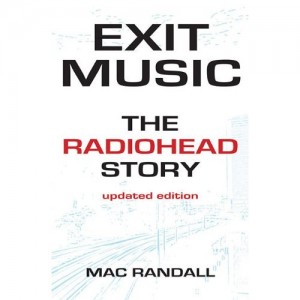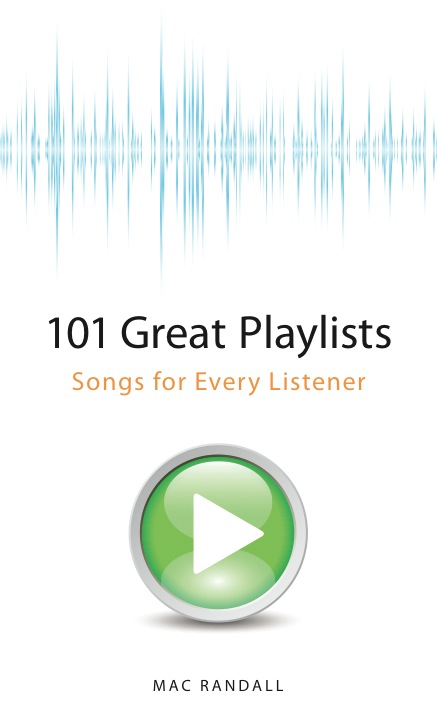Of anniversaries, and new opportunities
I’ve been thinking a lot about anniversaries over the past couple of days. It’s given me a better understanding of why some people and organizations make five- and 10-year plans for themselves. Looking at the patterns of my own life (not that I knew they were patterns while I was living them), it’s amazing how easily many of them can be measured in groups of five years, 10 years, and multiples thereof. Take, for example, the month we’ve just entered, the month of June:
Thirty years ago this month, I graduated from high school. I was the valedictorian of a class of 600, which entitled me to some significant scholarship money. But I had no college plans, and no clear idea of what I wanted to do with my life. I’d loved music of all types since I was a preschooler—I loved listening to it, playing it, composing it, thinking about it, talking about it, writing about it—but I couldn’t figure out how that passion would actually get me anywhere in the “real” world. Just a few weeks earlier, my beloved Boston Celtics, who’d made the NBA Finals for four straight years, winning twice, were beaten in the Eastern Conference finals by the Detroit Pistons. In my mind, that loss and my graduation have always been strangely connected. An era of tremendous success had come to an end; what loomed ahead would be very different, and it might not be so much fun. I was scared of the future.
Twenty-five years ago this month, I’d been working at Musician magazine in Gloucester, MA, for four years, first as proofreader, then as assistant editor, but I was still living with my parents. My mother was working at Radcliffe College’s Bunting Institute, a postdoctoral research center for female scholars. For the past five years, she’d been in charge of the Institute’s Distinguished International Visitor program, which gave fellowships to scholars from either sub-Saharan Africa or the Caribbean, funded by the Carnegie Corporation. Among the fellows selected during that time were Mamphela Ramphele, a doctor and anti-apartheid activist from South Africa, and the mother of Steve Biko’s two children; Beverley Anderson-Manley, who’d been Jamaica’s first lady for eight years; and Letitia Obeng, the first Ghanaian woman to earn a doctorate in zoology. My mom basically ran these women’s day-to-day lives for six-month periods—procuring housing for them, showing them around Cambridge, arranging travel and meetings, doing whatever they needed—while they focused on their research work. (At the time, I thought it was fairly routine to be in the orbit of such women; I now know that it wasn’t.) In June 1993, the program wrapped up, and Carnegie paid for my mom to travel to New York and give a presentation about it at the United Nations. When she arrived in Manhattan and found that she’d been given a huge room in the Kimberly Hotel at 50th and Lexington, she called home and told me and my dad to come down too. So we did, and quickly set to gorging ourselves on Brobdingnagian sandwiches at the Carnegie Deli, among other treats. Little did I know that two years later I’d be living on my own in New York as Musician‘s senior editor, and that eventually my permanent home would be only a stone’s throw from the UN. Future? Who cares?
Twenty years ago this month, I finally received my undergraduate degree from Harvard. I was about five years older than the majority of my class, but hey, I’d been busy doing other stuff. My relieved parents had a celebratory dinner with me, my girlfriend Laurie, and her parents at the Union Oyster House in Boston; we sat in the booth that had once been JFK’s favorite. Then Laurie and I got on a plane to Paris. I’d just landed a job in the exciting world of new media, and my proposal for a book about Radiohead had ignited a bidding war between a couple of major U.S. publishers. The future looked swell.
Fifteen years ago this month, things seemed less clear. I’d married Laurie, and I’d finished my Radiohead book, but I’d also gotten laid off from my web editor job and, in the wake of the dot-com bust and 9/11, regular freelance-journalist work in New York had become harder to find. Writing was no longer enough to pay the bills. I started taking antidepressants. Then I got a part-time job as the beer buyer for the first Whole Foods Market in New York (some musician friends of mine worked there and helped hook me up; the 20% employee discount made the prices almost reasonable). By June 2003, a career turnaround still wasn’t certain, but it at least appeared to be possible. The instrumental power trio I played guitar in had gotten invited to the South By Southwest festival in Austin, I’d managed to finagle a byline in Vanity Fair, and I was writing about music regularly for the New York Daily News. Maybe this retail thing would only be temporary.
Ten years ago this month, I’d just started work at In Tune Partners in White Plains, NY, as the editor-in-chief of Teaching Music, the member magazine of the National Association for Music Education. My antidepressant phase was well in the past. Laurie and I had a daughter, who was 18 months old. Once again, I had no real idea of where I was headed, but as the U.S. economy began to look extremely shaky, I was glad to have at least found myself a decent job. The future was anybody’s guess.
Five years ago this month, I was still at In Tune Partners, but preparing to leave. I wanted to work more on my own music, learn more about putting websites together, and spend more time with my daughter. By this time, I’d been editing a second In Tune title, Music Alive!, for three years, in addition to my Teaching Music duties. I’d managed the workload pretty well, but I was tired of it. At the end of June 2013, I resigned from the company and flew off to Paris (again) with Laurie, our daughter, and my mom. It turned out that this would not be my final farewell to In Tune; I’d end up going back, editing Music Alive! for two more years and the company’s flagship title, In Tune Monthly, for a year and a half beyond that. Not quite the future I thought I’d have, but nothing to complain about either.
Today, Laurie and I have been together for 22 years, our amazing daughter is 11, and I’m getting ready to take on a new position, as editor of JazzTimes. It’s an opportunity that I’m thrilled to have. I’ve been writing freelance for the magazine for the past three years, and that experience has been immensely enjoyable. I have the utmost respect for the outgoing editor, Evan Haga, and I hope that I can continue to uphold the high standards that he’s maintained there during his long tenure at the helm. The past three decades have seen nearly unthinkable changes in both the music and publishing industries, but they haven’t lessened my enthusiasm for music, or for writing, one iota. I consider myself very fortunate to somehow, amid the general socioeconomic wreckage of the 21st century, still be managing to do work that I love. Clearly, the future is now.
My maintenance of this blog has been pretty fitful over the years, and in recent months I’ve avoided it altogether. (A glance at the selections on my Recent Work page will show that I’ve been far less lazy with my professional writing.) I can’t guarantee much improvement on that score now that I have a rather demanding full-time job. But this may at least remain a place where I can write about matters that don’t relate directly to jazz. If something really strikes my fancy in the days/months/years to come, and promising words about it enter my mind, you can be fairly certain that I’ll be saying them here. Thanks for reading.

